Litopia Writers’ Reading List 2024

Peter Cox, founder of Litopia
I asked our members a simple question.
Which books have had the most profound impact on your development as a writer?
Here’s what they told me. A glorious cornucopia of more than forty definitive titles that ought to be on your reading list.
And note: if you buy them all (why not?) it will still be cheaper than taking one average-priced commercial writing course.
We’ve all enjoyed putting this list together, and we hope you get as much out of it as we have.
Peter Cox
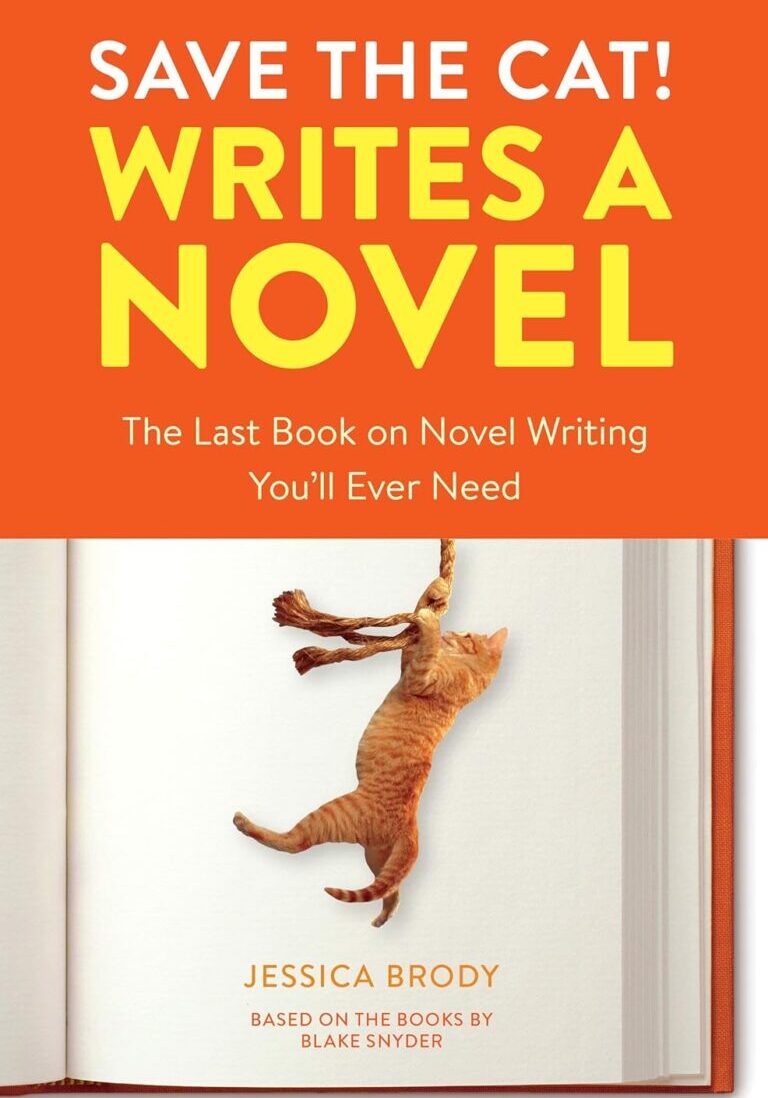
Save the Cat Writes a Novel by Jessica Brody
Our Summary
Great for understanding genre, theme, 3 act structure. Very well explained. Lots of examples of story beats from popular books. Even looks at pitches and loglines.
What I Learned From It
I found the famous beat sheet really helpful in deciding when to do what in my novel. The biggest thing for me was understanding structure enough to keep those pages turning
Hannah F
[maxbutton id="1" url="https://amzn.to/49PDjqw" ]
[maxbutton id="2" url="https://amzn.to/47HLROc" ]
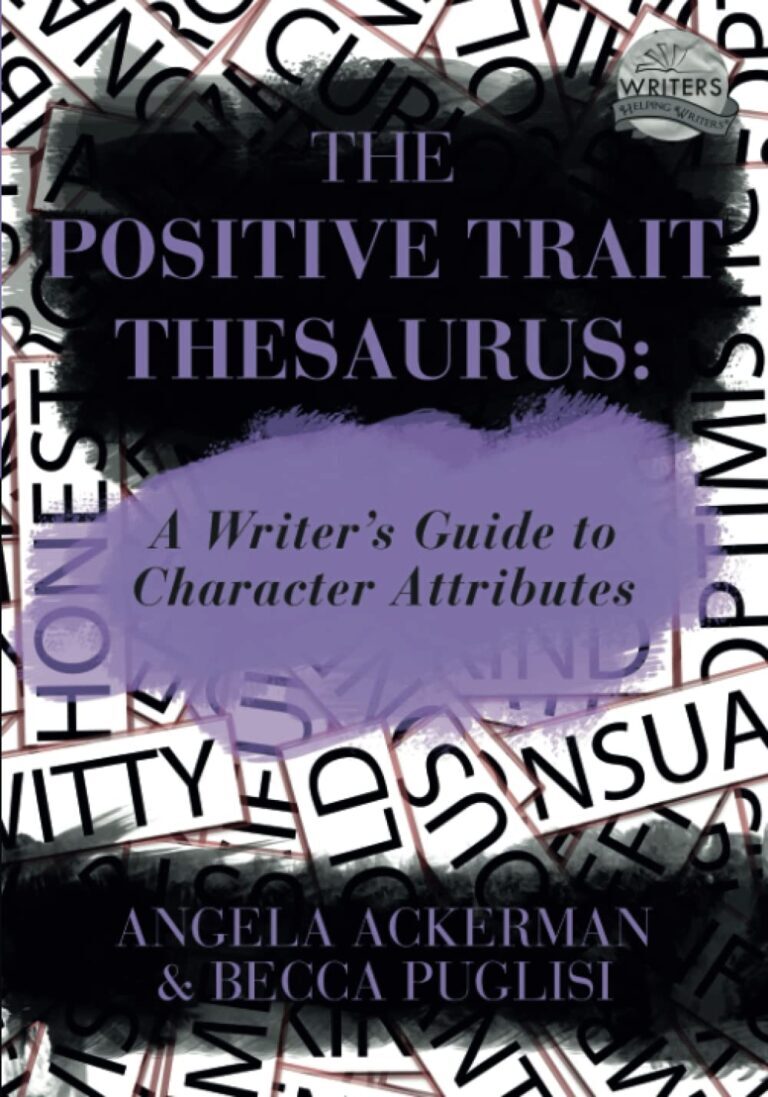
The Positive Trait Thesaurus by Angela Ackerman And Becca Puglisi
Our Summary
Lists character traits to help you generate different types of characters and how these traits might manifest. Useful in conjunction with The Negative Trait Thesaurus by the same authors.
What I learned From It
Helped me to write characters with more depth and think of a wider range of character types for my books.
Claire G
[maxbutton id="1" url="https://amzn.to/46vt085" ]
[maxbutton id="2" url="https://amzn.to/3sLx3iK" ]
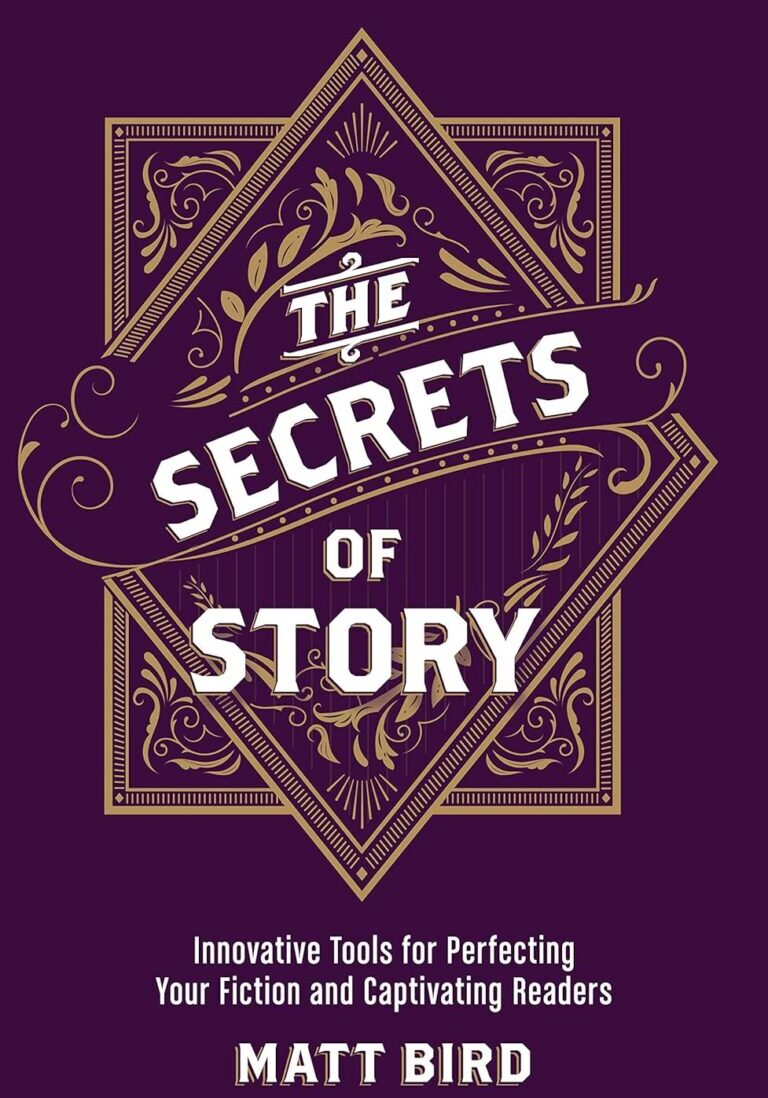
Secrets Of Story by Matt Bird
Our Summary
An award-winning screenwriter’s view of journeyman writing. How to hone in on and hone your story.
What I learned From It
Imagine your reader being on a long plane ride. Then imagine you are their seat mate. Are you the engaging stranger who entertains them with your sparkling wit and fascinating adventures? Do they want to take your name and keep in touch thereafter? Or are you the boring Uncle from Derry Girls that makes them consider opening the plane door and shoving you out?
Pamela Jo
[maxbutton id="1" url="https://amzn.to/3QUGwwp" ]
[maxbutton id="2" url="https://amzn.to/3GeiY0A" ]
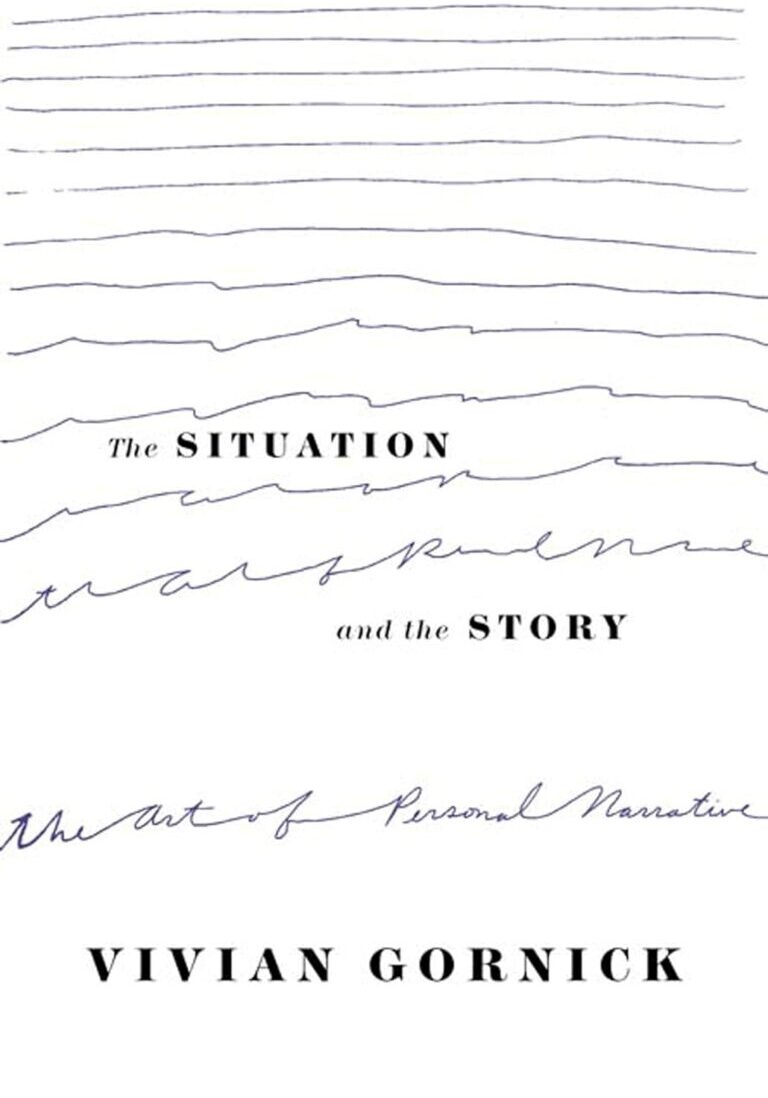
The Situation And The Story – The Art Of Personal Narrative by Vivian Gornick
Our Summary
Every work of literature has both a situation and a story, and modern memoir is all about the self that we become through life experience. She deftly illustrates this rather lofty theory with specific examples of how personal narrative is memorably crafted by different writers.
What I learned From It
Memoir is not about you or your life. It is about finding the truth and making sense of life experience to deliver a story that will resonate with readers. A hugely helpful read for anyone planning a memoir.
Mel L
[maxbutton id="2" url="https://amzn.to/3QQi4w6" ]
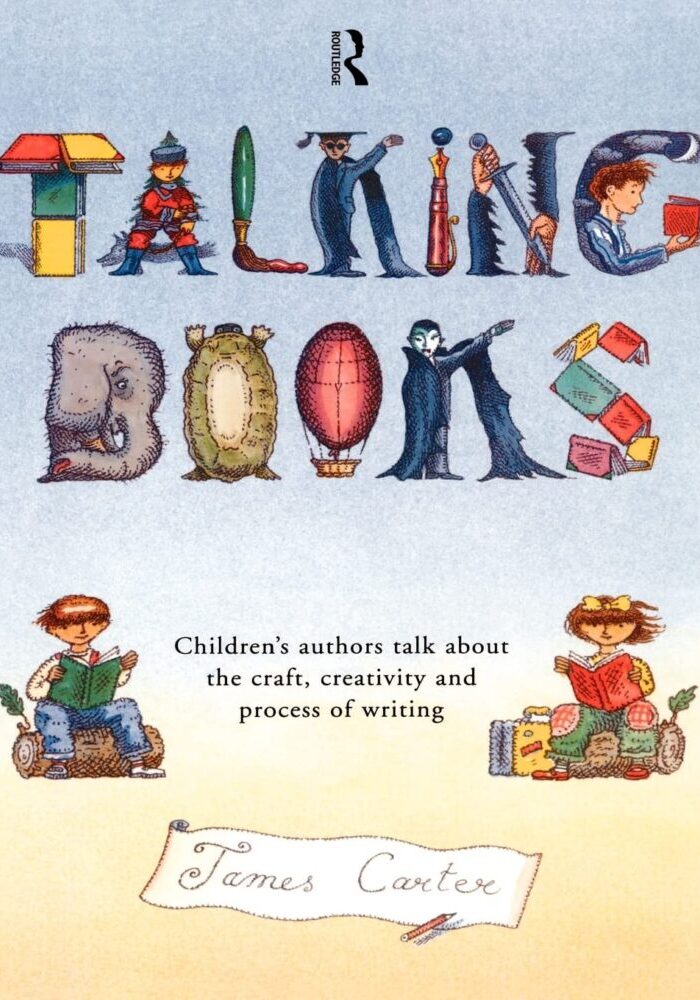
Talking Books by James Carter
Our Summary
Various children's authors talk about craft and how they became professional authors.
What I learned From It
That it was possible to be a writer without being a god. It is a cherished book that sparked the possibility of being a writer for me.
Trey
[maxbutton id="1" url="https://amzn.to/3usRJwx" ]
[maxbutton id="2" url="https://amzn.to/3QV0Q0i" ]
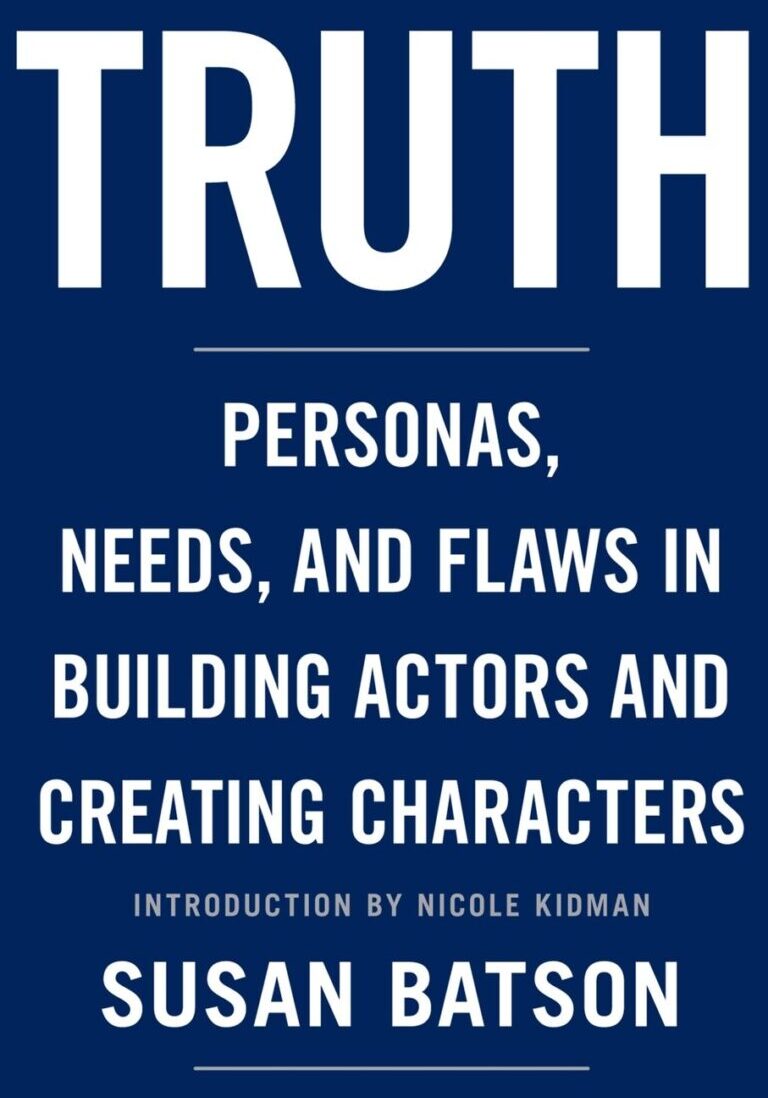
Truth by Susan Batson
Our Summary
Public personas, needs, and tragic flaws - A step-by-step guide for creating truth in a character from an acting perspective.
What I learned From It
This one's a little off the beaten path... I was fascinated with method acting, and wanted to bring that to my writing. How to embody and write the truth of a character. This is one of the books I learned a lot from in that regard.
LJ Beck
[maxbutton id="1" url="https://amzn.to/3GdieIY" ]
[maxbutton id="2" url="https://amzn.to/49PPZgR" ]
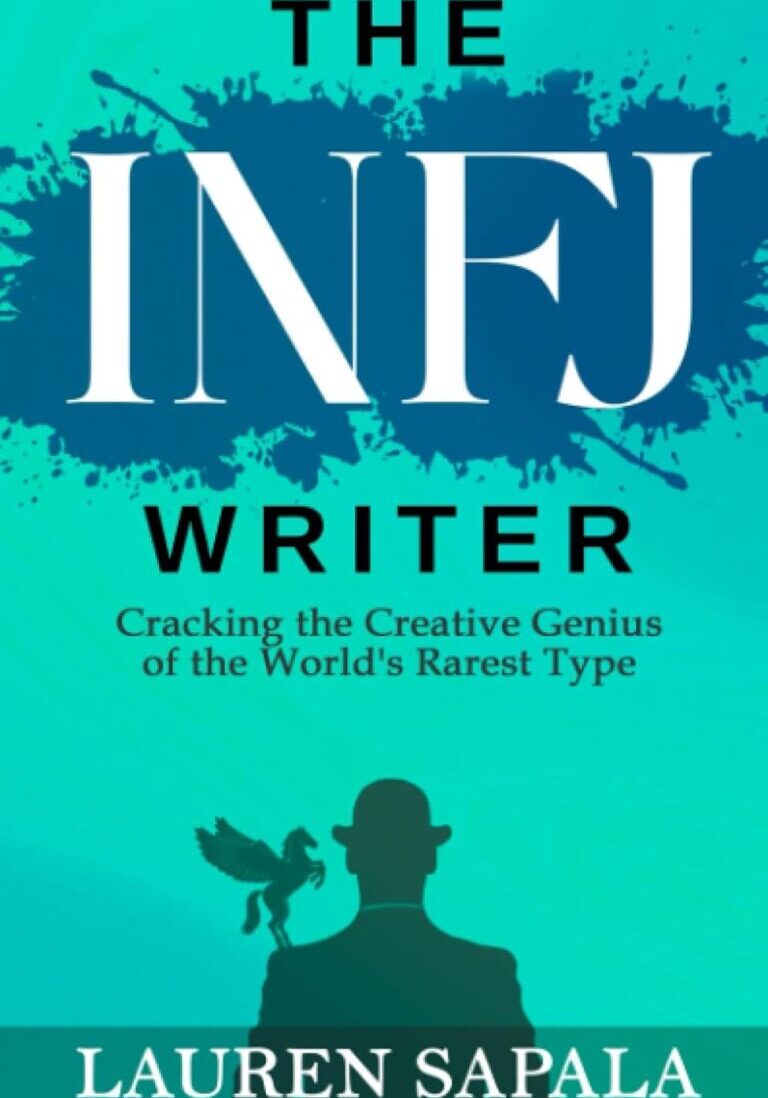
The INFJ Writer by Lauren Sapala
Our Summary
Writing (and living) advice for people whose brains don't work well with logic, plotting etc. Another perspective! (The letters refer to Myers-Briggs type personality indicators, which aren't flawless, but broadly if you tend to be led more by feelings and intuitive reasoning, this might work for you).
What I Learned From It
I'd been getting super snarled up trying to follow advice that just didn't work for me in practice, even though I could see it made theoretical sense. This book gave me a bit of space to trust myself to learn my own process. I've still got a long way to go but I do a lot less bashing my head against a brick wall these days. Sharing it in case anyone else is in the same boat!
Josephine
[maxbutton id="1" url="https://amzn.to/3sI74J9" ]
[maxbutton id="2" url="https://amzn.to/40RToaZ" ]
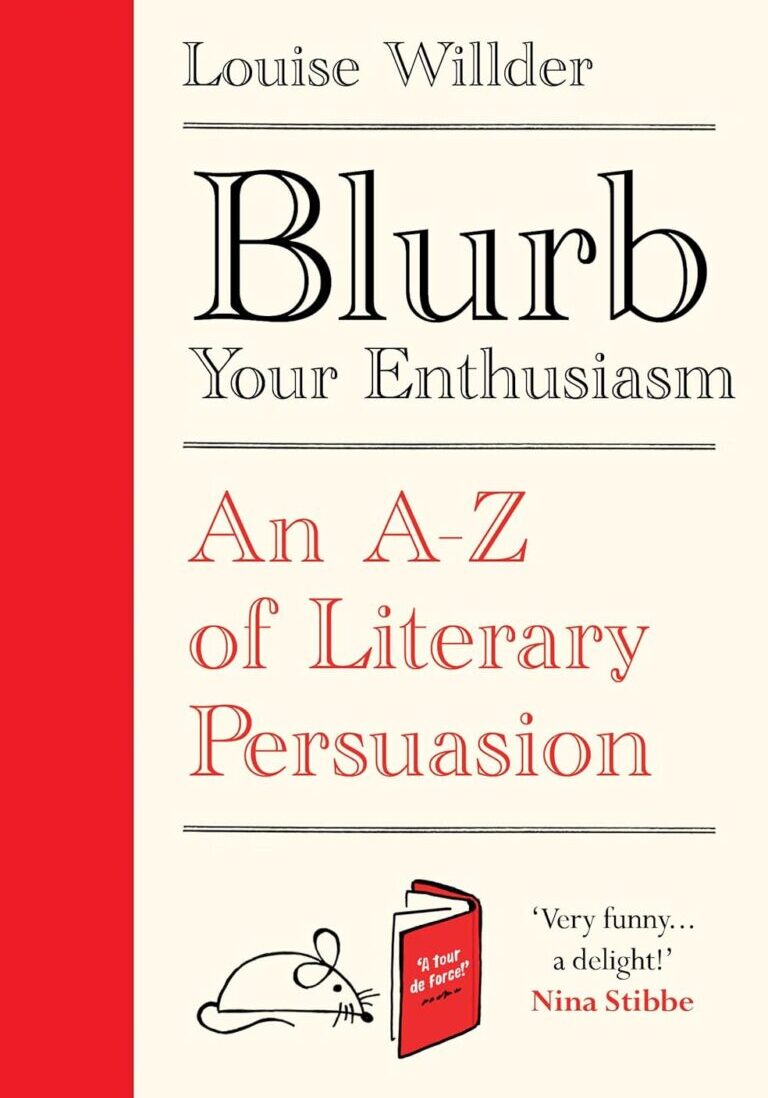
Blurb Your Enthusiasm: An A To Z Of Literary Persuasion by Louise Willder
Our Summary
How different blurbs work in different genres from an insider in the business (Willder is a Penguin books blurb writer). Lots of great examples in each genre in terms of what does and doesn't work and why. Willder argues every word matters in a blurb, and so each has to count. Thus, she offers ways to do this.
What I learned From It
How to write a successful blurb from an experienced blurb writer. That is, what will appeal to readers in different genres and why. Use of specific words and phrases that attract readers. The multitude of different examples proved helpful as comparisons to craft your own blurb. As the book is written with humour, it's easy to read. You can also flick to different sections as per the genre you're working in, but I'd recommend you read the whole books to get the full picture.
Rachael Burnett
[maxbutton id="1" url="https://amzn.to/3RczNiw" ]
[maxbutton id="2" url="https://amzn.to/3RbgTZh" ]
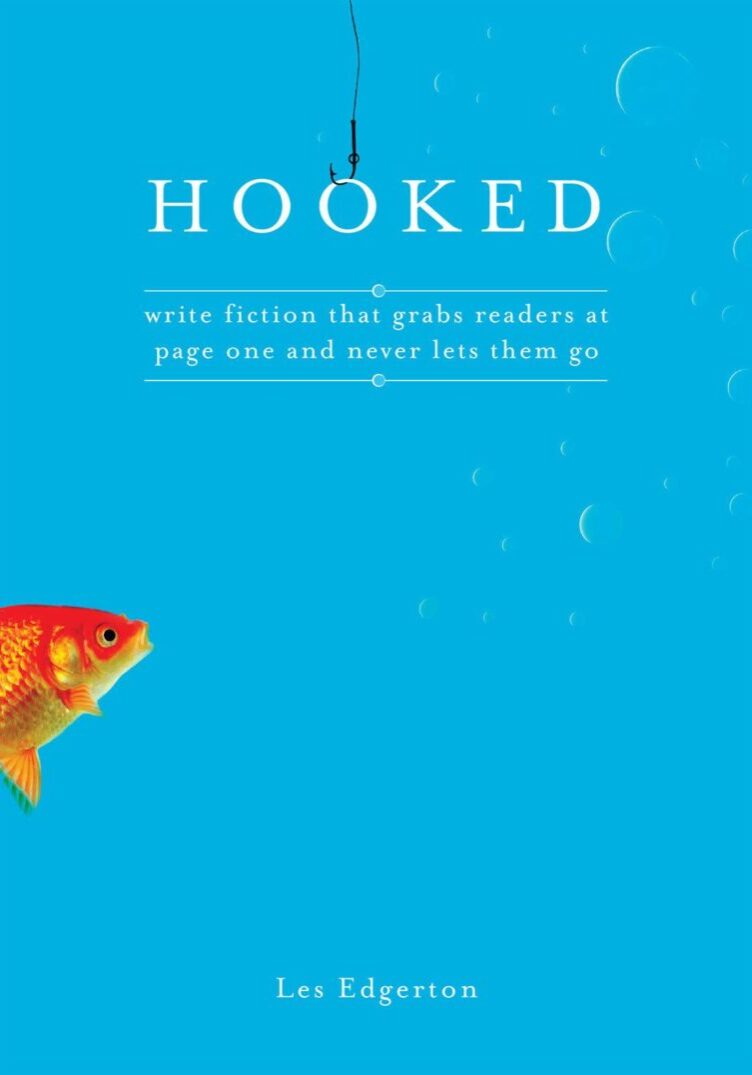
Hooked by Les Edgerton
Our Summary
The focus is on great openings and keeping the reader hooked including advice on this from agents and acquiring editors.
What I learned From It
Lots about inciting incidents; balancing backstory in the set up; keeping readers going from one chapter to the next.
Trey
[maxbutton id="1" url="https://amzn.to/3N0OH95" ]
[maxbutton id="2" url="https://amzn.to/3MXZgJY" ]
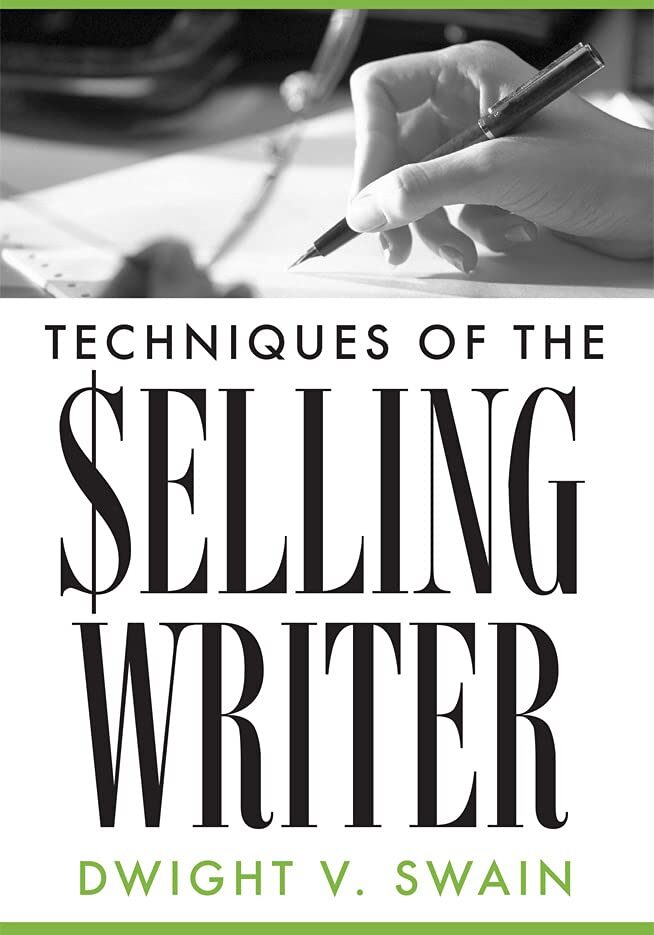
Techniques Of The Selling Writer by Dwight V. Swain
Our Summary
First published in 1965, Swain's book is a no-nonsense, broad-brush instruction manual for beginners that shows you how to construct a commercial story.
What I learned From It
The basic shape of commercial fiction (and how unchanging that shape has been for more than half a century). Every other writing manual I've ever read has felt like a retelling or offshoot of this book.
Rich.
[maxbutton id="1" url="https://amzn.to/47nnrtN" ]
[maxbutton id="2" url="https://amzn.to/49MnEbr" ]
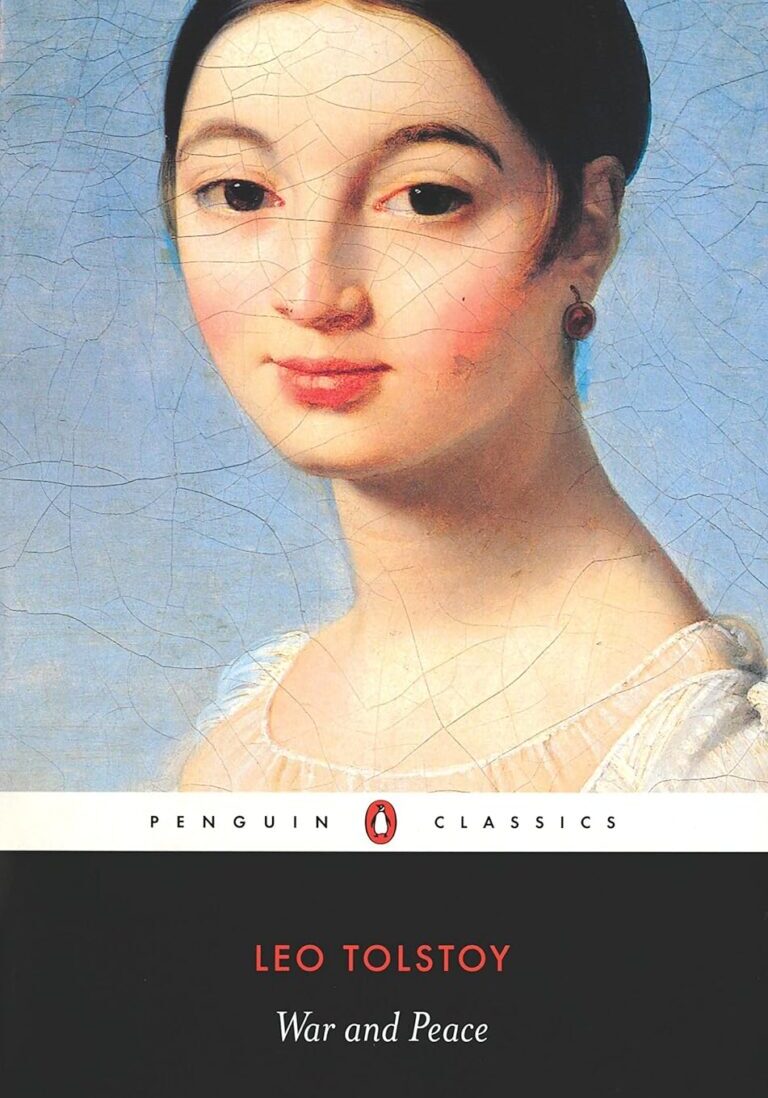
War And Peace by Leo Tolstoy (Translated by Anthony Briggs)
Our Summary
Napoleon has a bad idea and the lives of three young people in St Petersburg are changed forever.
What I learned From It
What it means to be human.
Rich.
[maxbutton id="1" url="https://amzn.to/47q8DKR" ]
[maxbutton id="2" url="https://amzn.to/3MVOfZO" ]
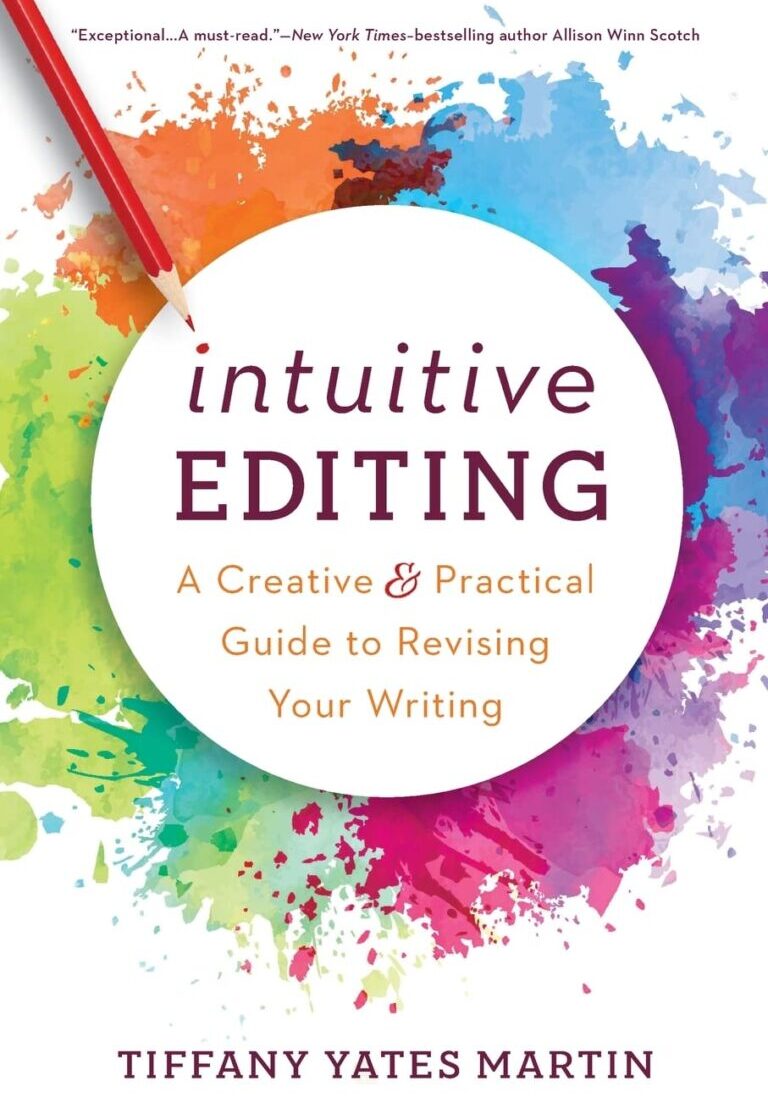
Intuitive Editing by Tiffany Yates Martin
Our Summary
Everything you could possibly need to know to get your manuscript to submission or self-publishing standards.
What I Learned From It
This book is gold dust. Made me think objectively about everything I've been doing or hope to do.
Vagabond Heart
[maxbutton id="2" url="https://amzn.to/49PDylq" ]
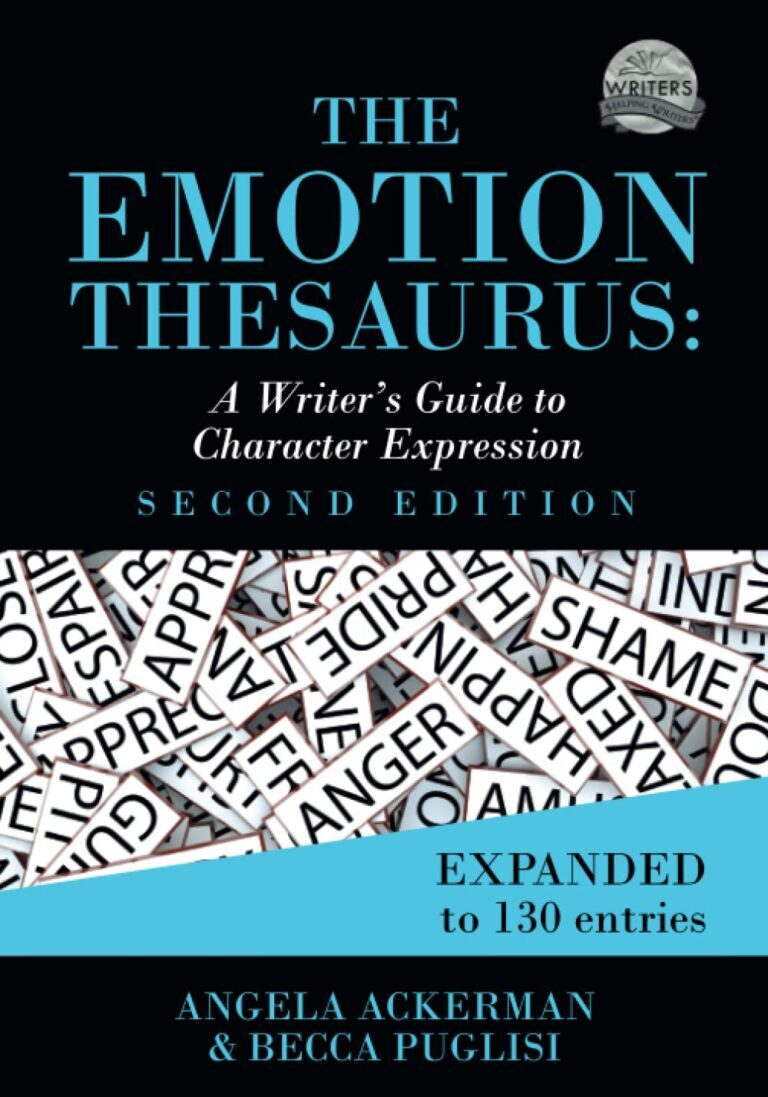
The Emotion Thesaurus by Angela Ackerman And Becca Puglisi
Our Summary
A great one to dip in and out of if you find yourself repeating yourself in terms of showing-not-telling emotions. Gives lots of examples.
What I learned From It
Ideas to avoid repetition and alternative ways to say the same things if emotional reactions are repeated through the story.
Claire G
[maxbutton id="1" url="https://amzn.to/3RcCK2A" ]
[maxbutton id="2" url="https://amzn.to/46tYtYm" ]
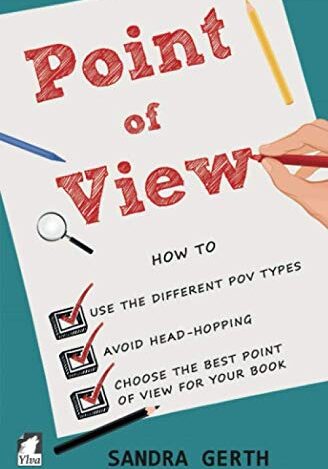
Point Of View by Sandra Gerth
Our Summary
A clear, informative guide to the different types of POV with tips on choosing the best POV for your own manuscript. Offers exercises focused either on your work in progress or on a published book.
What I learned From It
I saw how to mix some POV, how and why to avoid head-hopping and picked up tips on internal monologue.
Jeanette
[maxbutton id="1" url="https://amzn.to/3GcXzol" ]
[maxbutton id="2" url="https://amzn.to/3sMdJSx" ]
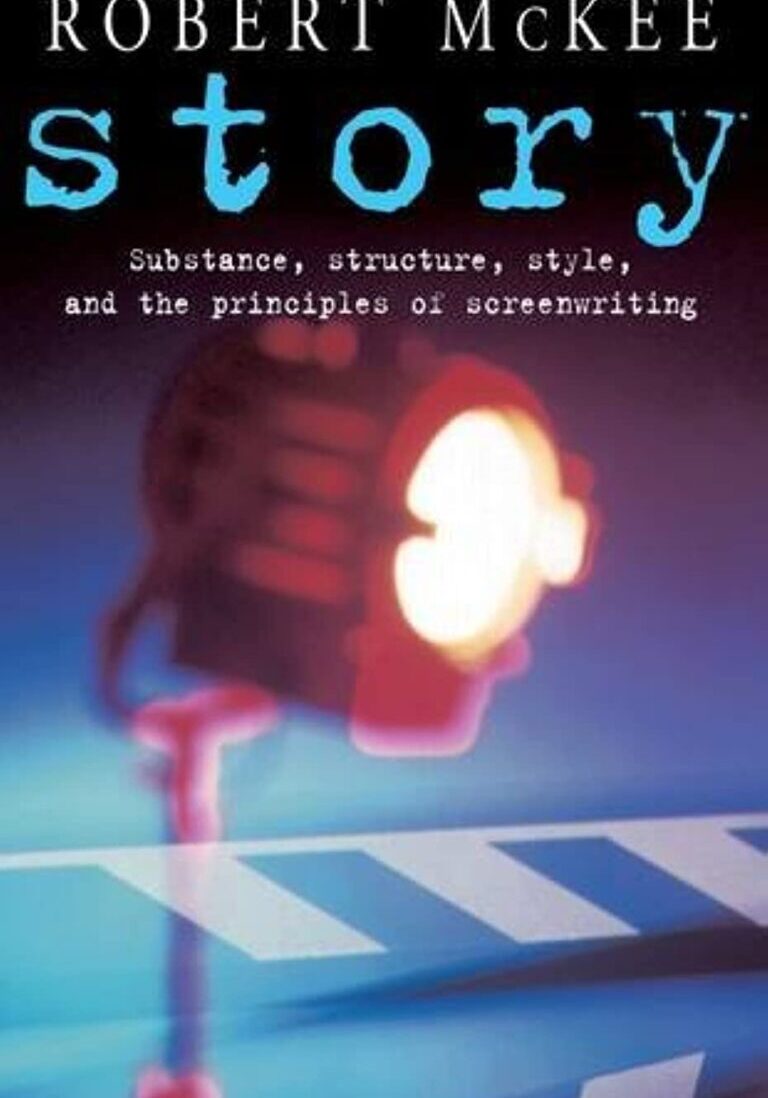
Story – Substance, Structure, Style And The Principles Of Screenwriting by Robert Mckee
Our Summary
An oft-quoted reference for screenwriting, this book delves deep into story as a metaphor for life. McKee's analysis of film structure is hugely insightful for novelists. He explores genre, character, theme and exposition in terms that are clear and thought-provoking. Beyond a 'how to' guide, this is a reference book that deserves its place on a writer's shelf.
What I learned From It
The art of story is universal. The same set of skills a writer uses to bring a story to the screen also strengthen our craft in writing fiction and other narratives.
Mel L
[maxbutton id="1" url="https://amzn.to/3STyrKY" ]
[maxbutton id="2" url="https://amzn.to/3sLT014" ]
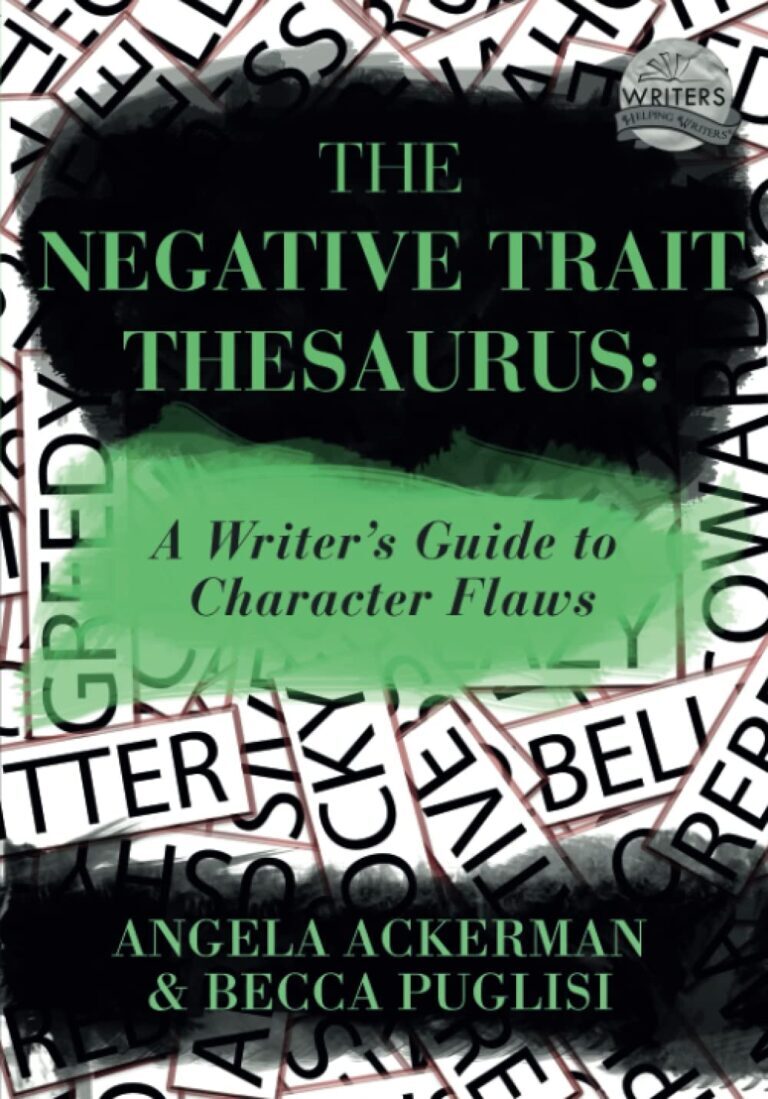
The Negative Trait Thesaurus by Angela Ackerman And Becca Puglisi
Our Summary
Lists character traits to help you generate different types of characters and how these traits might manifest. Useful in conjunction with The Positive Trait Thesaurus.
What I learned From It
Helped me to write characters with more depth and think of a wider range of character types for my books.
Claire G
[maxbutton id="1" url="https://amzn.to/40TfObY" ]
[maxbutton id="2" url="https://amzn.to/3sLiNGQ" ]
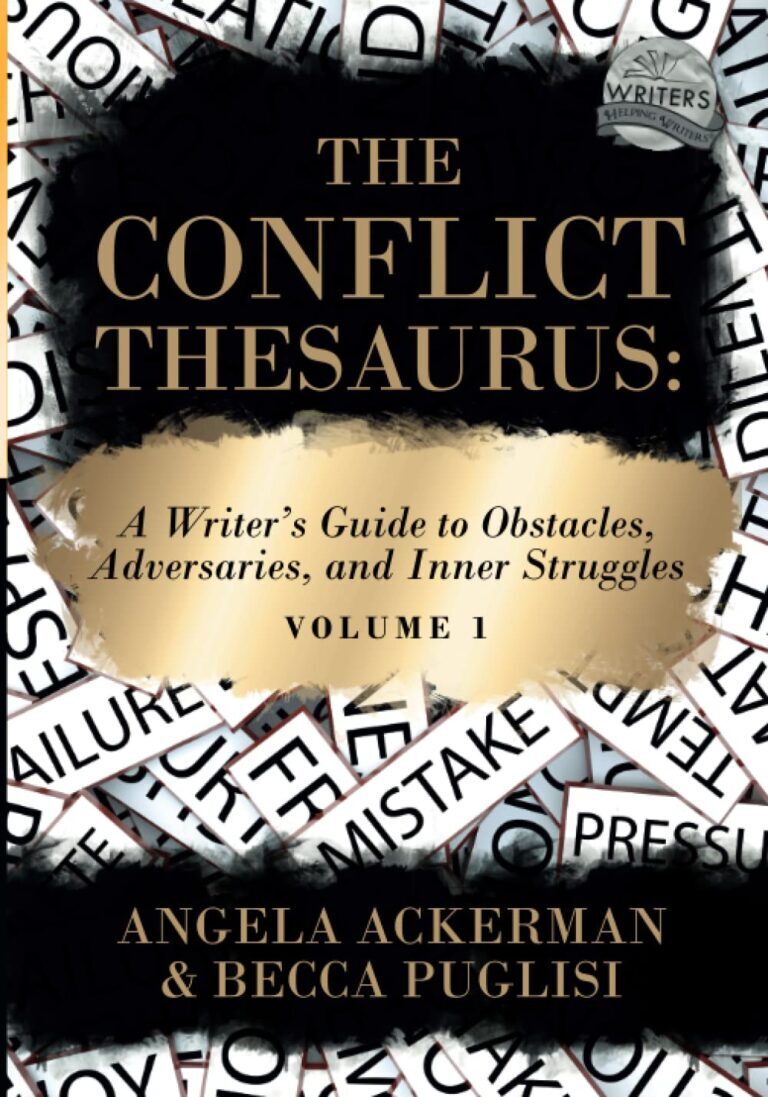
The Conflict Thesaurus by Angela Ackerman And Becca Puglisi
Our Summary
A breakdown of types of conflicts for your story and potential fall-outs for characters. Useful for sparking your imagination early in the creative process or if you feel that the stakes aren't high enough when you're writing.
What I learned From It
It opened my mind to different ideas and consequences.
Claire G
[maxbutton id="1" url="https://amzn.to/47s2xtj" ]
[maxbutton id="2" url="https://amzn.to/3R88jKV" ]
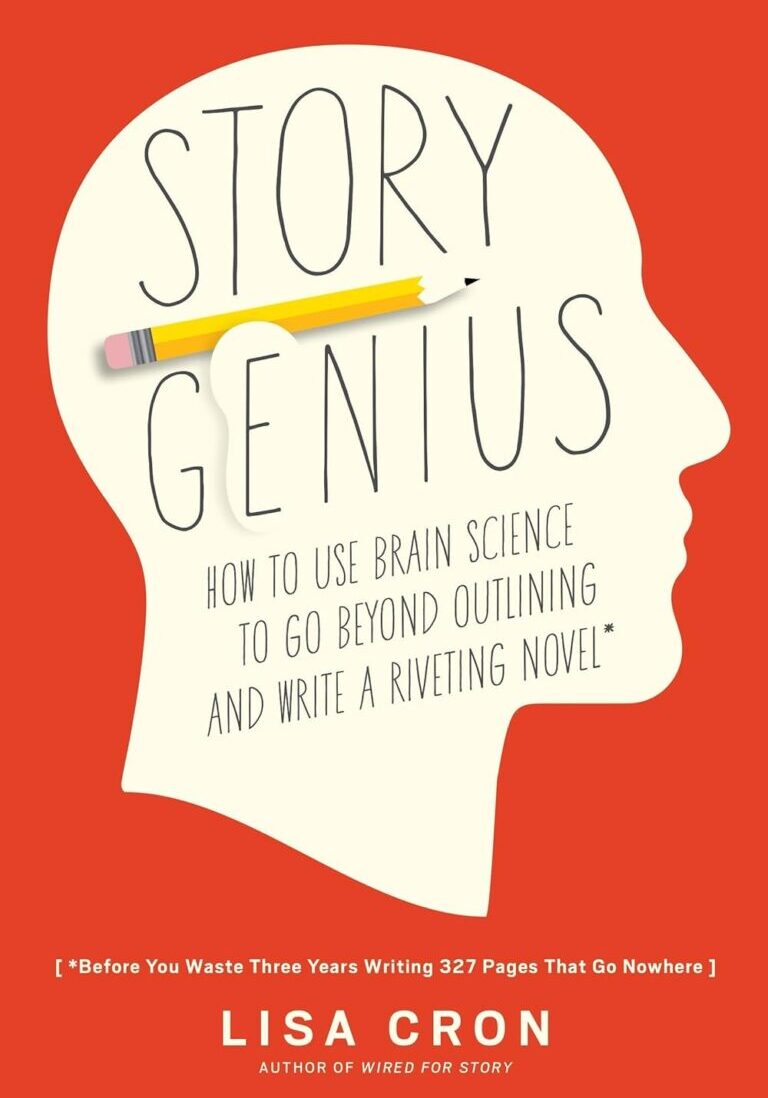
Story Genius by Lisa Cron
Our Summary
It’s every novelist’s greatest fear: pouring their blood, sweat, and tears into writing hundreds of pages only to realize that their story has no sense of urgency, no internal logic, and so is a page one rewrite.
What I learned From It
The prevailing wisdom in the writing community is that there are just two ways around this problem: pantsing (winging it) and plotting (focusing on the external plot). Story coach Lisa Cron has spent her career discovering why these methods don’t work and coming up with a powerful alternative, based on the science behind what our brains are wired to crave in every story we read (and it’s not what you think).
AnnieSummerlee
[maxbutton id="1" url="https://amzn.to/40SCokV" ]
[maxbutton id="2" url="https://amzn.to/3Rm3AFP" ]
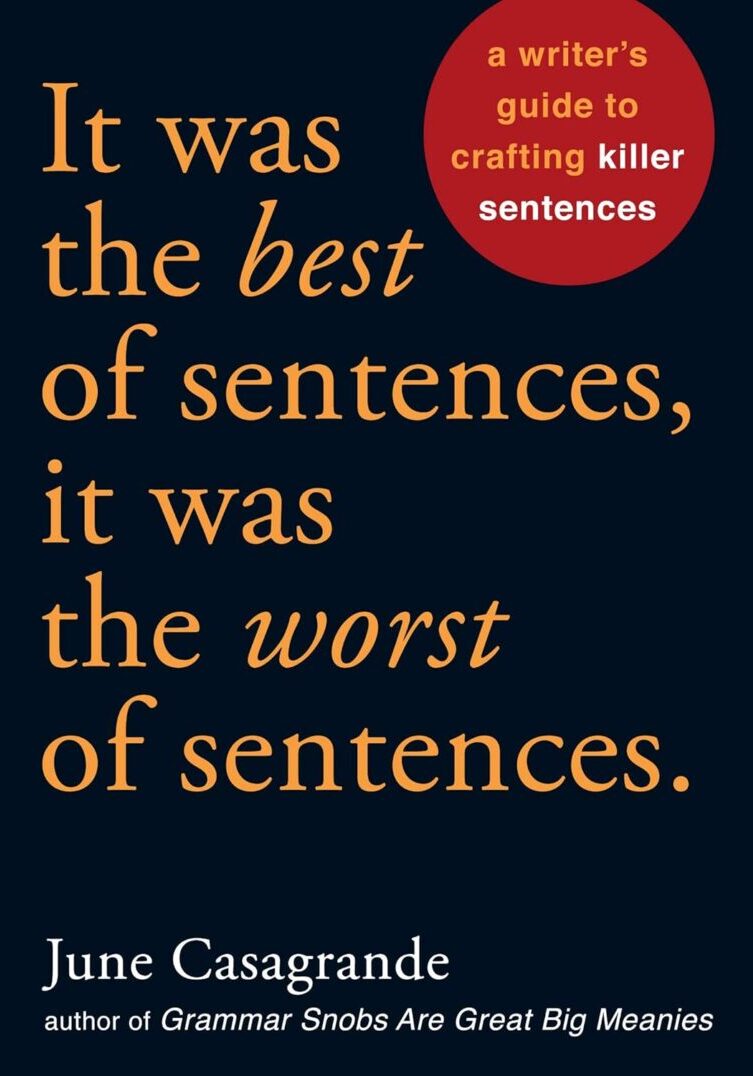
It Was The Best Of Sentences, It Was The Worst Of Sentences by June Casagrande
Our Summary
Gets into the line level of sentences and what order you need to put words so you can help a reader follow what you put down on paper (or computer). From phrases, clauses, subordination, long v short sentences tense, tense, prepositional phrases, danglers and much more. Perfect for reacquainting yourself with the nuts and bolts of grammar.
What I learned From It
I learnt how to consider what order words need to be in, and how writing them out of order confuses the reader. Now every sentence I construct considers the reader first.
RK Wallis
[maxbutton id="1" url="https://amzn.to/3Rcg02K" ]
[maxbutton id="2" url="https://amzn.to/3GaoP6S" ]
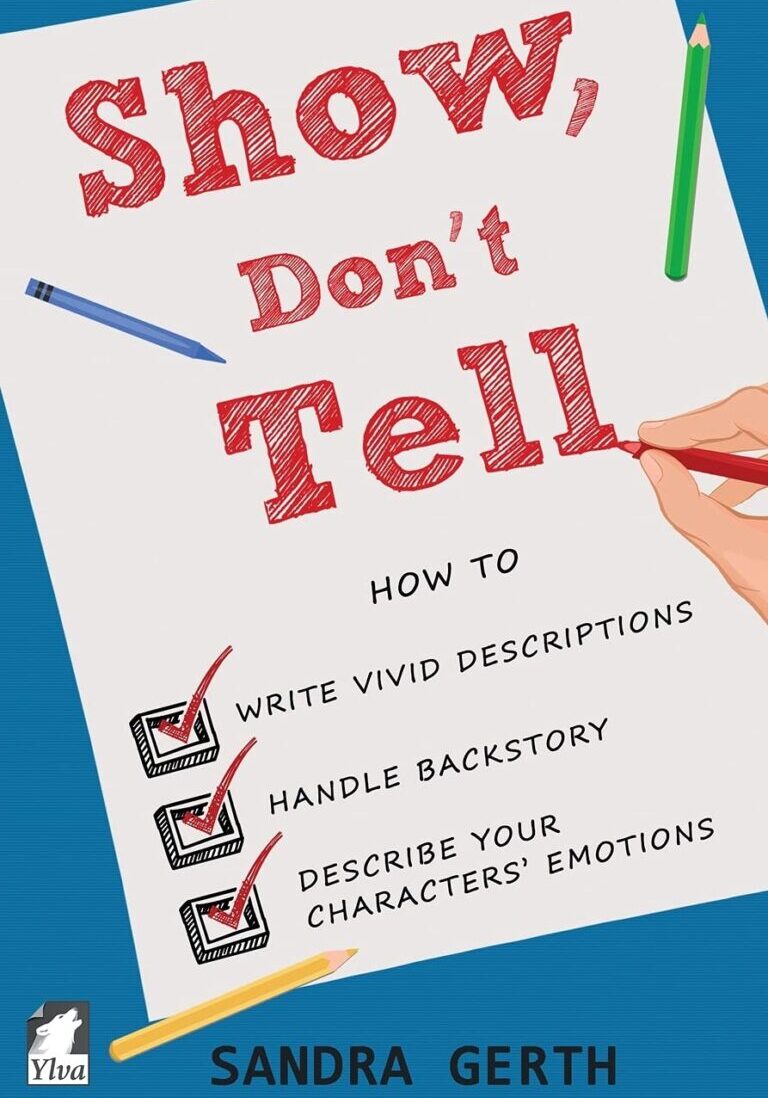
Show Don’T Tell by Sandra Gerth
Our Summary
Defines and illustrates the strategy. Explains the importance, art and limit of showing; also lists the uses of telling. Offers exercises and proposes solutions for some of them.
What I learned From It
I learned that 'telling' comes naturally to me but 'showing' much less so. This book is one I return to time and time again while I'm revising what I've written.
Jeanette
[maxbutton id="1" url="https://amzn.to/3sEIUzh" ]
[maxbutton id="2" url="https://amzn.to/3sO8Fgp" ]
Basic Membership Is Free.
Basic membership is sufficient for many writers.
Benefit from unlimited access to the Writing Lab for critiques using the Litopia® Method… Start your own writer’s blog on our powerful platform… And of course, maximum support from the oldest and friendliest community for writers on the ‘net.
Full Membership Is Only $149.95 For An Entire Year
Everything in Basic Membership plus unlimited access to all our writing seminars and unlimited access to our weekly live Writers’ Huddles for personal mentoring & coaching.
